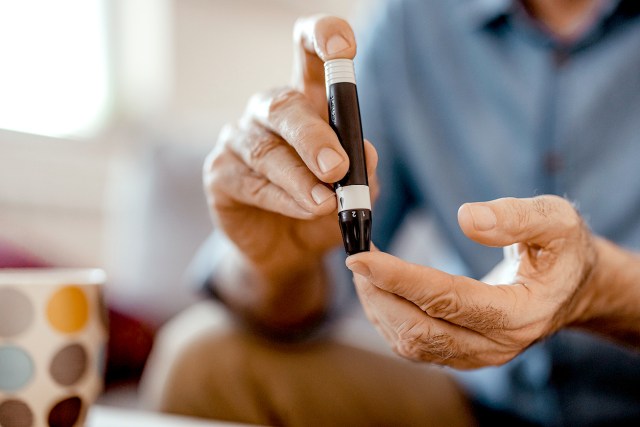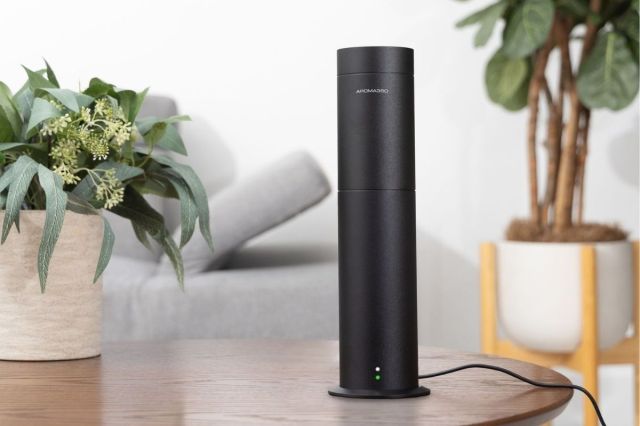Enjoying a glass of red wine after a long day of work is one of life’s simple pleasures. But drinking red wine does so much more than just help the body relax. Despite some debate, research has shown that the beverage has several health benefits when consumed in moderation, which is no more than five ounces daily. Here’s a look at the health effects of red wine.

Promotes Cognitive Function
The skin of the grapes used to create red wine has rich amounts of compounds called polyphenols. One specific polyphenol known as resveratrol is believed to improve short-term memory. Studies have also shown that resveratrol may inhibit the growth of proteins that contribute to brain diseases such as dementia and Alzheimer’s.

Lessens the Risk of Heart Disease
The antioxidants found in red wine reduce the body’s oxidative stress levels, which can cause various heart ailments if too high. Resveratrol also lessens the risk of blood clots, prevents damage to blood vessels, and lowers the body’s “bad” cholesterol levels while increasing the body’s “good” cholesterol levels, helping regulate and lower blood pressure. The American Heart Association, however, warns that too much alcohol can harm the heart, so stick to just one glass per day.

Nourishes Eye Health
Resveratrol reduces bodily inflammation, including around the eyes. This lessens the risk of developing vision loss and other issues such as glaucoma, cataracts, and macular degeneration. Polyphenols also enhance vascular function around the eyes, which allows for healthier blood flow.
Reader Favorites

Regulates Blood Sugar
While red wine contains natural sugars, drinking a single glass daily can lower your blood sugar level for as much as 24 hours. This decrease in glucose reduces the body’s need for insulin. However, red wine should never be treated as a permanent substitute for more reliable medications.

Boosts the Immune System
Red wine contains antioxidants known as flavonoids. These natural substances boost the immune system’s ability to fight harmful viruses. One study shows that moderate wine consumption enhances the vaccine response to new inoculations.

Improves Gut Health
A 2018 study shows that polyphenols act as prebiotics, which helps boost microbiome levels in the gut. This balance is necessary for maintaining a healthy digestive system, but further studies are needed to shore up these findings.

Maintains Dental Health
Red wine’s polyphenols help fight bacteria that live on the teeth, gums, and tongue. If left untreated, these bacteria can lead to tooth decay, plaque, and gum disease. Red wine helps prevent that bacteria from sticking and flushes it out of the mouth.

Reduces the Risk of Diabetes
According to a 2015 study, polyphenols potentially reduce the risk of developing type 2 diabetes. Red wine also contains ethanol, which helps metabolize glucose that could otherwise exacerbate diabetes if left unmetabolized. Remember that this benefit is more theoretical than scientific, so do not treat red wine as a miracle drug.

Prevents Cancer Growth
Resveratrol may reduce the risk of cancer cell growth, though more human trials are needed to confirm these findings. Drinking red wine leads to higher levels of exemestane and anastrozole, two aromatase inhibitors that are associated with a lower risk of breast cancer. Other studies have tied resveratrol to a lower risk of both lung and prostate cancer.
Featured Image Credit: wundervisuals/ iStock
More From Our Network
Better Report is part of Inbox Studio, an email-first media company. *Indicates a third-party property.
















